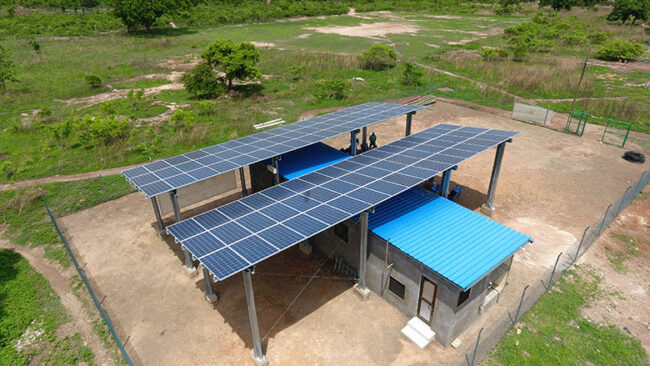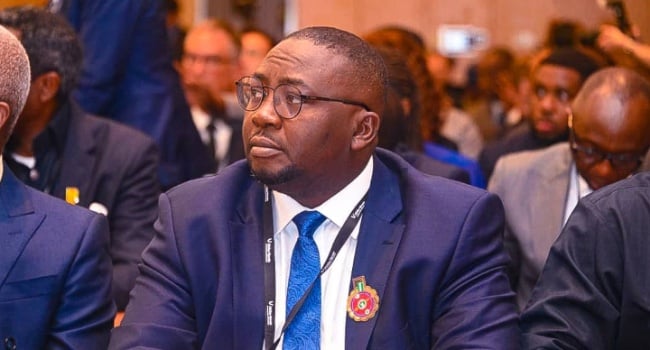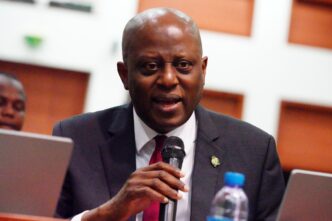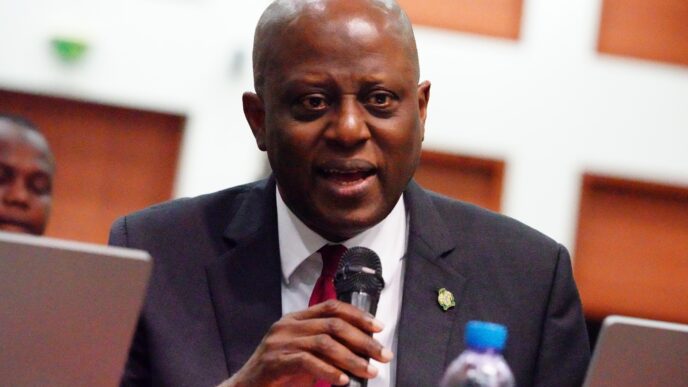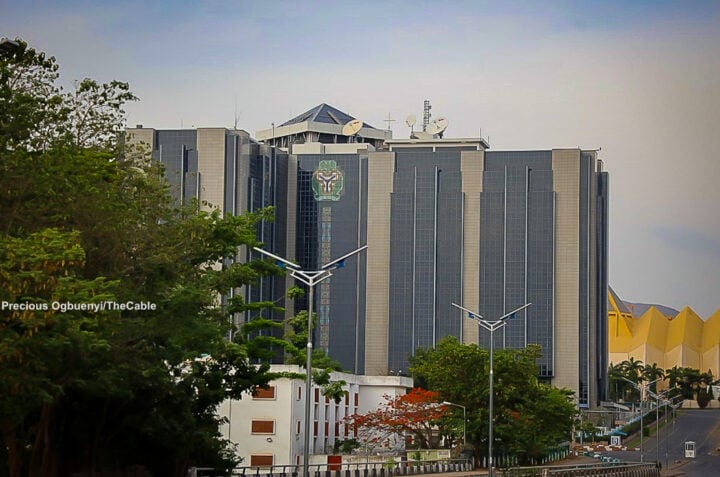The federal government says the rural electrification fund (REF) has attracted N5.8 billion in private sector investment to boost clean energy access in underserved communities.
Speaking at the ‘REF Call 3 Grant award signing ceremony and Access to Finance Workshop’ on Tuesday in Abuja, Abba Aliyu, managing director of the Rural Electrification Agency (REA), said the development marks a new phase in Nigeria’s off-grid energy drive.
Represented by Ayoade Adegboyega, the agency’s executive director of corporate services, Aliyu said 58 developers have signed agreements to deploy solar mini-grids and solar home systems across multiple states.
“Today, we mark not just the beginning of a new chapter in the journey of the Rural Electrification Agency, but also a renewed commitment to transforming lives through sustainable and inclusive energy access,” he said.
Advertisement
Aliyu noted that REF interventions have enabled the deployment of 124 mini-grids, over 25,580 solar home systems, and empowered 18,013 micro, small, and medium enterprises across 183 communities in all 36 states and the FCT.
According to him, the efforts have delivered 16.6 megawatts (MW) of installed renewable energy capacity, created more than 26,000 jobs, avoided 91,720 tonnes of CO₂ emissions, and attracted N5.8 billion in private capital.
Aliyu added that REF Call 3 would focus on deeper penetration into underserved areas, especially to catalyse energy use among MSMEs, women-led enterprises, and the agricultural sector.
Advertisement
“This next phase is about scaling impact. It’s not just about access—it’s about classrooms illuminated, health centres revived, dual economies set into motion,” he said.
Aliyu warned developers against delays in executing projects, citing past experiences with the interconnected mini-grid acceleration scheme (IMAS).
“To our developers, I urge you to treat this phase with a renewed sense of urgency. Prolonged deployment timelines will no longer be tolerated,” he said.
“Project milestones and potential red flags must be reported early. Timely, transparent communication with the agency is not optional.”
Advertisement
‘REF PROJECTS BUILT ON SUSTAINABILITY’
In her remarks, Doris Uboh, REF director, said the fund was established by the Electric Power Sector Reform Act of 2005 and revitalised under the 2023 Electricity Act.
“Our mission is simple—electrify the underserved and unserved, energise development, and ensure no Nigerian is left in the dark,” she said.
Uboh said REF blends public funding with private innovation to deliver sustainable, decentralised energy, adding that developers are required to maintain plants for the long term.
Advertisement
“Some of our projects have lasted over five to ten years. We tie developers to each mini-grid—not just to build and walk away, but to ensure proper generation, distribution, and tariff collection,” she added.
Uboh also stressed adherence to REF’s operational guidelines, saying sustainability and impact remain central to the programme’s long-term success.
Advertisement
